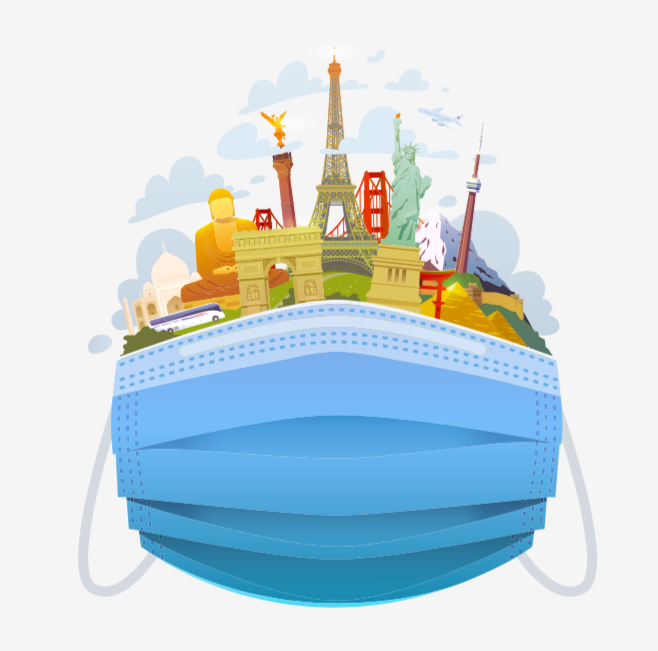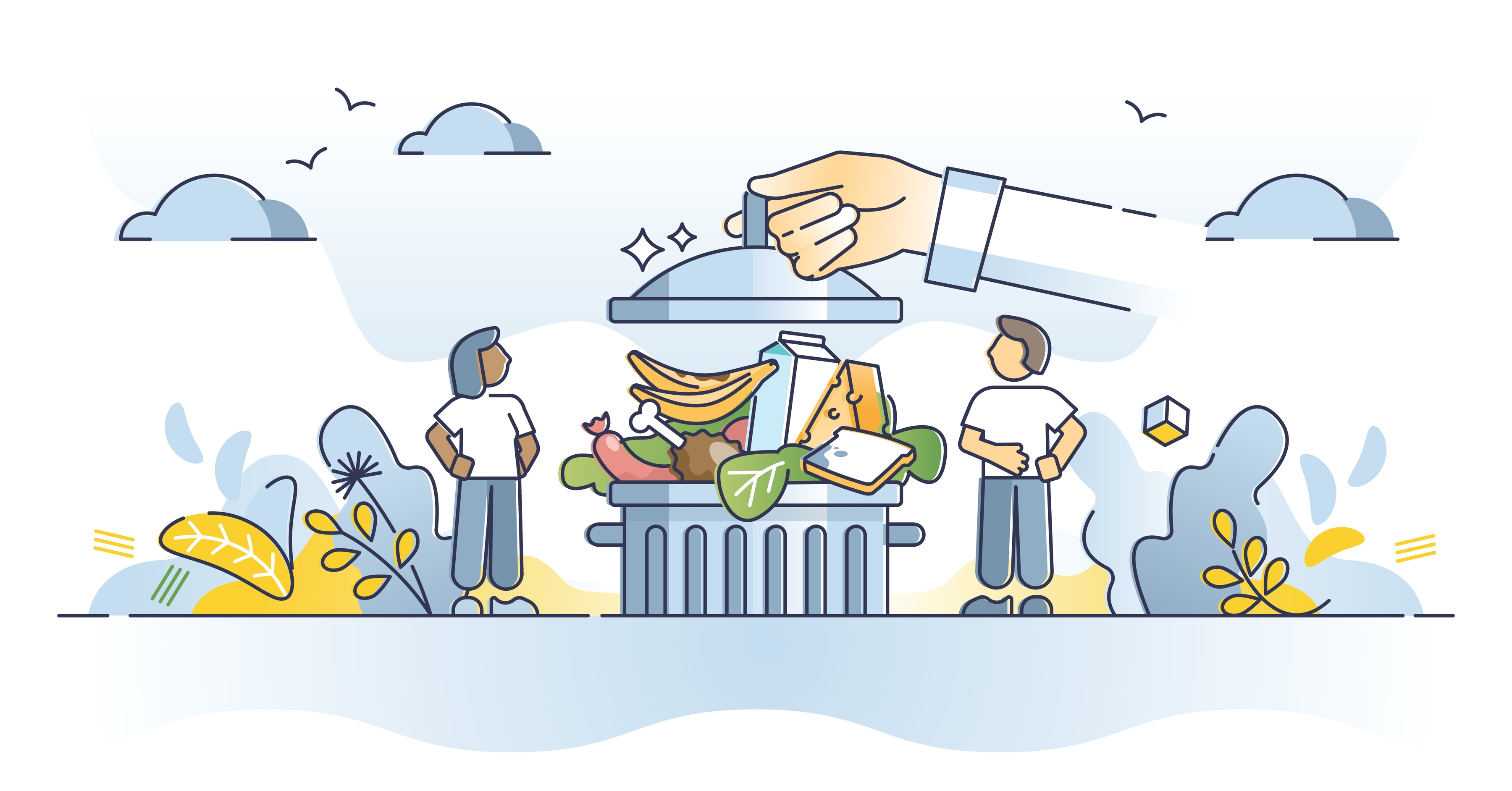Dreaming about vacationing outside of the country during the spring holidays? Well, think again. Even with the rollout of vaccines and the relaxing of lockdown restrictions, international travel continues to be a nightmare. Under the current stay-at-home restrictions in England, traveling outside the home without a valid excuse is considered illegal, resulting in a maximum penalty of £6,400. Most governments remain unsure when international travel will reopen. Instead, the world seems to be shifting towards Singapore’s model of a “fine city”: a society restricted to the walls of extensive and controversial fees.
New travel brands and technology developments definitely give hope for an unprecedented industry of vacations at home, promising a level of flexibility never seen before.
For many vacationers, these regulations have caused several last-minute cancellations. Unfortunately, customers claim companies lack consumer prioritization and options regarding the pandemic. So, is it time to rethink the vacations of the 21st century? Some of the newest start-ups seem to think so.
Launched in March 2020, ByWay has been leading the travel revolution that has rocked Great Britain. Founder Cat Jones believes in the power of a personalized itinerary, promising to guide travelers through the road not taken by exploring local communities (a technique commonly known as slow travel). Byway’s customers can build their ultimate vacation by completing a short form to confirm their dream activities to explore the hidden gems of Great Britain, France, and Italy. Jones tells Erly Stage that “as we emerge from the pandemic, we are going to be seeing an awful lot more slower, conscious and grounded travel. People have been forced to slow down and reconnect with their local areas and businesses in lockdown […]. We know that trips grounded in the joy of the journey are more relevant now than ever.” The company has been receiving raving reviews on customer satisfaction, product quality, and sustainability. What’s their secret?
ByWay’s magical trips promise to guide travelers through the road not taken by exploring local communities, a technique commonly known as slow travel. The company has been receiving raving reviews on customer satisfaction, product quality, and sustainability. What’s their secret?
The travel company prides itself on building personalized and hassle-free trips to its customers, while providing travel advice for each locality. Not only have they placed slow travel at the center of their packages, but they have also ensured that their products fulfill the modern definition of trust: a full refund. Practically every customer review on review sites such as Trustpilot agree that ByWay has provided individualized support and held their promises of refunds.
The modern intersections of technology and travel provide another solution to the global pause on vacations. Hopper – a Canadian travel app that was set up in 2007 by co-founders Frederic Lalonde and Joost Ouwerkerk – harnessed remarkable technology to predict the best flights and hotels. Despite the pandemic’s initial negative impact, Hopper shifted their focus to technology that is especially powerful during a period of uncertainty. Their price freeze option allows customers to pay a small fee and freeze flight prices for 1-14 days. If the market price increases, customers will only be obligated to pay the frozen price. If the market price drops, so does the frozen price. With Hopper’s expected growth, the company secured a $170 million investment and partnership with Capital One on March 24, leading the way for various new technological advances.
Beyond travel agencies, various other industries have innovated their products to prioritize the growing urge for vacations during the pandemic. Jaguar Land Rover has recently introduced THE OUT, a system of delivering and collecting rental cars to provide a path for customers to take a break from home. The new process no longer requires customers to stand in line at a rental store and complete a pile of papers. Rather, through a short form on their website or app, customers can choose between seven cars and request additional services, including EU travel insurance and additional drivers. It seems expensive, right? Well, not so much. THE OUT delivers and collects their products for free in London and Manchester (though other locations will require fees). The program includes all journey essentials and enhanced cleaning with no additional costs, promising to keep their customer at the center of their work. In fact, the website contains a journal page to inspire their customers, reminding them that the days of relaxing are not over.
For those who prefer to take a break at home, staycations are seeping their way into company models. Supper London – a delivery service that focuses on fine dining – was founded by Peter Georgiou in 2015. Their traditional model was to provide customers access to luxury foods and restaurants right at home. However, during the pandemic, this model changed to the increasing demands of park vacations. Supper London has recently partnered with What3Words to deliver the “premium picnic experience” to over ten London parks. Along with their high-quality foods from restaurants, including Veeraswamy and Nobu, the delivery service ensures precision and efficiency. To do so, the company uses exact locations – through What3Words – and provides a reference photo for the agreed-upon location. It feels as though we are finally ready for the new norms required for vacationing during a global pandemic.
But, is this normal really a permanent change for the vacation industry? Investors seem to have mixed reviews. Many believe that the travel boom is waiting to happen. With a rise in Covid vaccinations worldwide, flights and hotel bookings have already been on the rise (though they are nowhere near the numbers of 2019).
New travel brands and technology developments definitely give hope for an unprecedented industry of vacations at home, promising a level of flexibility never seen before. And, on the surface, it seems that the services are here for the long run. However, it is equally apparent that the days of traditional trips are far from over. The future may just need to compromise between the return of capitalist ventures and the new focus on individualized support. For now, all we can do is prepare a path through the new unknown.



